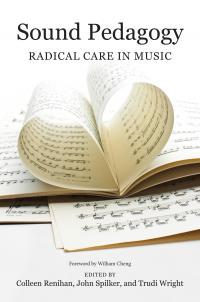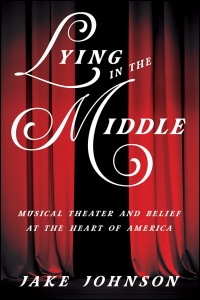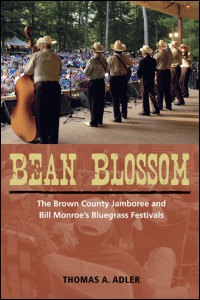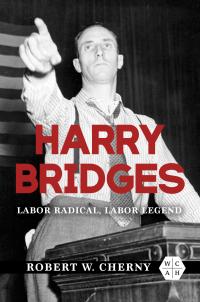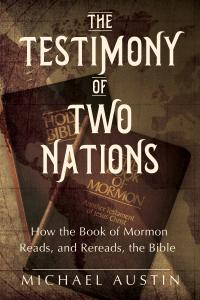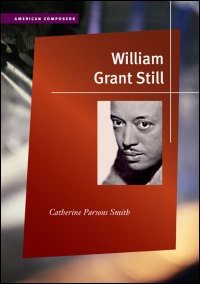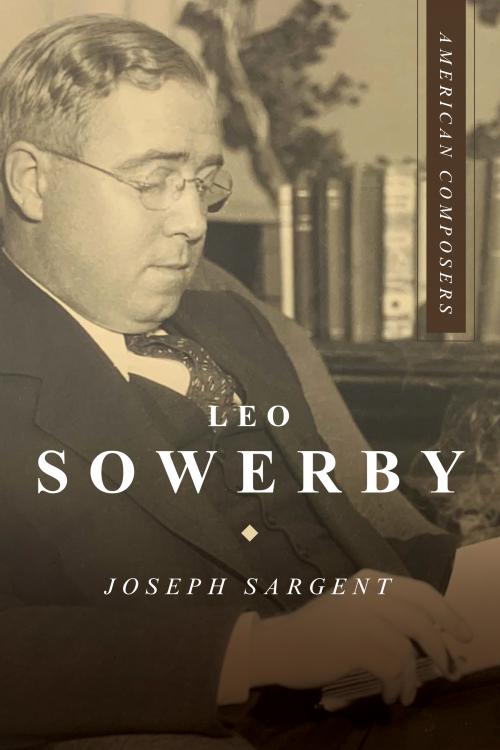
Leo Sowerby
About the Book
From the 1920s to the 1940s, Leo Sowerby created popular secular works while his sacred compositions led admirers to call him the “dean of American church musicians.” Yet in time, Sowerby’s Pulitzer Prize-winning The Canticle of the Sun and the rest of his corpus lost favor with the A-list symphonies and prominent musicians who had once made him a fixture in their repertoires. Joseph Sargent’s biography offers the first focused study of Sowerby’s life and work against the backdrop of the composer’s place in American music. As Sargent shows, Sowerby’s present-day marginalization as a composer relates less to the quality of his work than the fact that today’s historiographical practices and canon-building activities minimize modern church music. Sargent’s re-evaluation draws on a wide range of perspectives and composer’s music and writings to enrich detailed analyses of musical works and a career-spanning consideration of Sowerby’s musical language and aesthetic priorities.* Publication of this book is supported by grants from the University of Alabama's Office for Research and Economic Development, the University of Alabama's Collaborative Arts Research Initiative, the University of Alabama's College Academy of Research, Scholarship, and Creative Activity, and the General Fund of the American Musicological Society, supported in part by the National Endowment for the Humanities and the Andrew W. Mellon Foundation.
About the Author
Joseph Sargent is an assistant professor of musicology at the University of Alabama.Reviews
Blurbs
“Leo Sowerby’s surpassingly varied work-life and massive oeuvre of 550 works, divided equally between the secular and the sacred, has long resisted biographical treatment, but now it has arrived, and it is simply splendid. Joseph Sargent has produced a lucid, eminently useful, meticulously documented and rationally argued story of a musician at times celebrated, at times obscure, and at times, including this time, both at once. I could not be more grateful to have read it or more enthusiastic to recommend it.”--Francis Crociata, President, The Leo Sowerby Foundation
